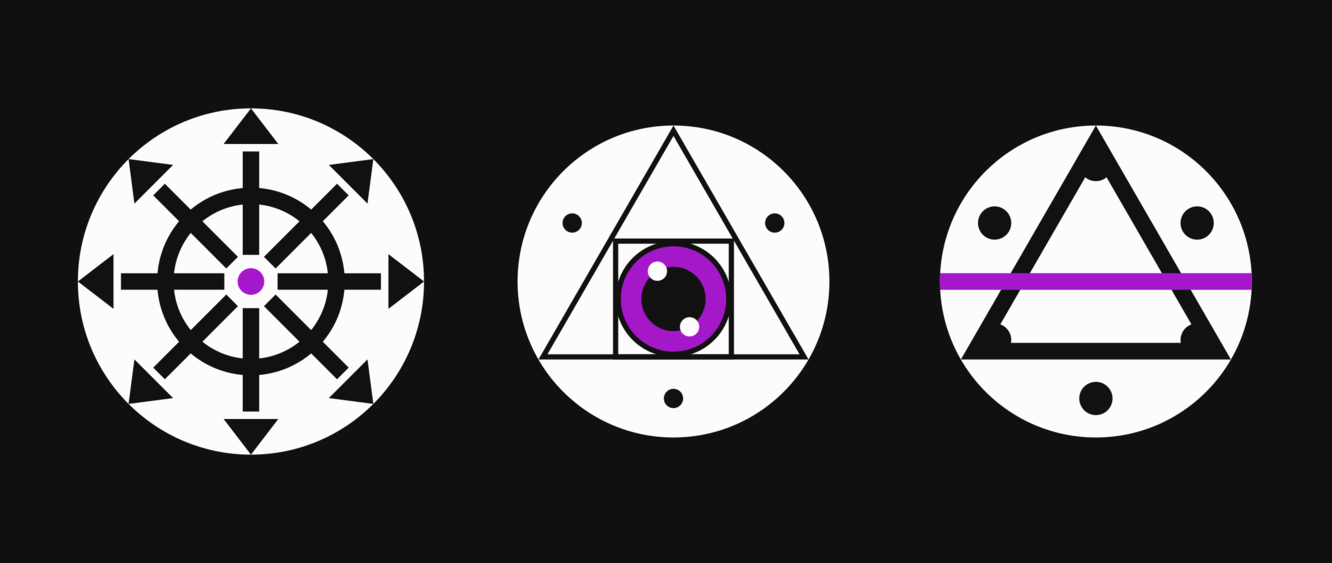
Listening to some hardcore and writing slides on why verifiable indexed databases are good.
https://soundcloud.com/lemxofficial/my-pain-2001-hsc-records
@jonny @evan Yeah big agree, especially on technical subjects if you can get search indexed afterwards for folks to discover in the future. Also love linking to past conversations when making plans on technical matters.
Kinda why I prefer discussing a lot of stuff on public github issues instead of more private discord channels.
One of the neat things about using content addressed data structures is that you can trust that a database query is valid by verifying the subset of a merkle tree related to your data instead of needing to trust a central database server that it isn't omitting or inventing data.
It also allows you to parallellize donwloads from larger peers and reduce the bottlenecks on central "full nodes".
The failure of the Internet to deliver its promise is particularly noticeable when you hunt for repair manuals for a product from the 90s. Used to be, the information would either be there or not there, finable or unfindable.
Now, there are hundreds of algorithmically generated sites claiming to have it just because it appeared in their search logs, generating potemkin village content traps with endless paging, broken-thumbnail named-like-the-file-you-want but actually-just-ebay-photos bullshit
Also kinda surprising that #golang doesn't have built in `set` types? I get that you can "use a map like a set" but it feels super janky and lacks any of the APIs one would hope a set to have. 😅
@coop Would y'all be into working together to get more fediverse tech into the Canadian government?
@computersandblues We're currently coding it up. Aiming to have it ready by September :) I should have smaller milestones before then that folks can try out though. I'll be using the #DistributedPress tag for updates.
@martinsstar good to know. I'll try some benchmarking and profiling. :)
@martinsstar the objects look kinda like this but more simple. https://www.mongodb.com/docs/manual/tutorial/query-documents/
@martinsstar in this case I am passing in an object with a dynamic set of fields to use in a query and I just need the set of keys to compare against other sets within database indexes.
is it faster to do a map loop each time instead of having this slice? I assumed it's more overhead to iterate the entire map instead of an array of keys. Honestly I just want a high level Set type to do unions and diffs.
@tnypxl honestly. Though I'm honestly overflowing with joy that modules are easy to work with now. Like the amount of pain I no loger have to deal with when using Go is magnitudes lower thanks to that.
That is to say maybe the other bits will get better eventually too.
@lukeshu @fansipans ha
ha, I think I can deal with for loops until then. :P It's defs not ideal but also not all that bad.
@fansipans Heck yeah, good to hear! I'm glad go has been improving over time.
@jeremy_list that's reasonable. Afaik golang doesn't even have first class iterators in the std 😱
@jeremy_list Interesting. No way to get an iterator for jusr keys either?
Am I reading this correctly? The #golang standard library has no built in function to get a slice of keys from a map? You need to iterate every single time and build up an extra list??
Thanks to efforts by volunteers Nosamu and bai0, the Internet Archive's flash emulation just jumped generations ahead.
Mute/Unmute works. The screen resizes based on the actual animation's information. And for a certain group who will flip their lid:
We can do multi-swf flash now!
A pile of previously "broken" flashes will join the collection this week.
- Pronouns
- they/them/it
- mauve+fedi@mauve.moe
- Matrix
- @mauve:mauve.moe
- Github/Gitlab/Discord
- @RangerMauve
Occult Enby that's making local-first software with peer to peer protocols, mesh networks, and the web.
Yap with me and send me cool links relating to my interests. 👍
